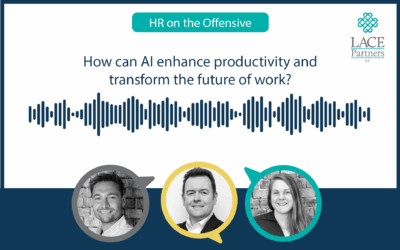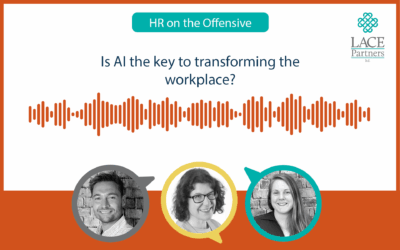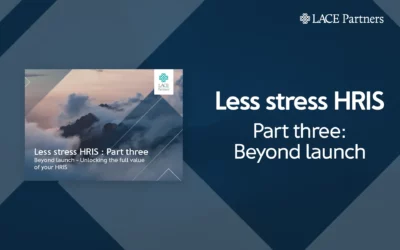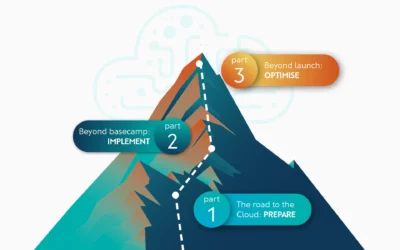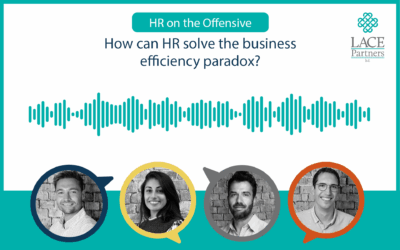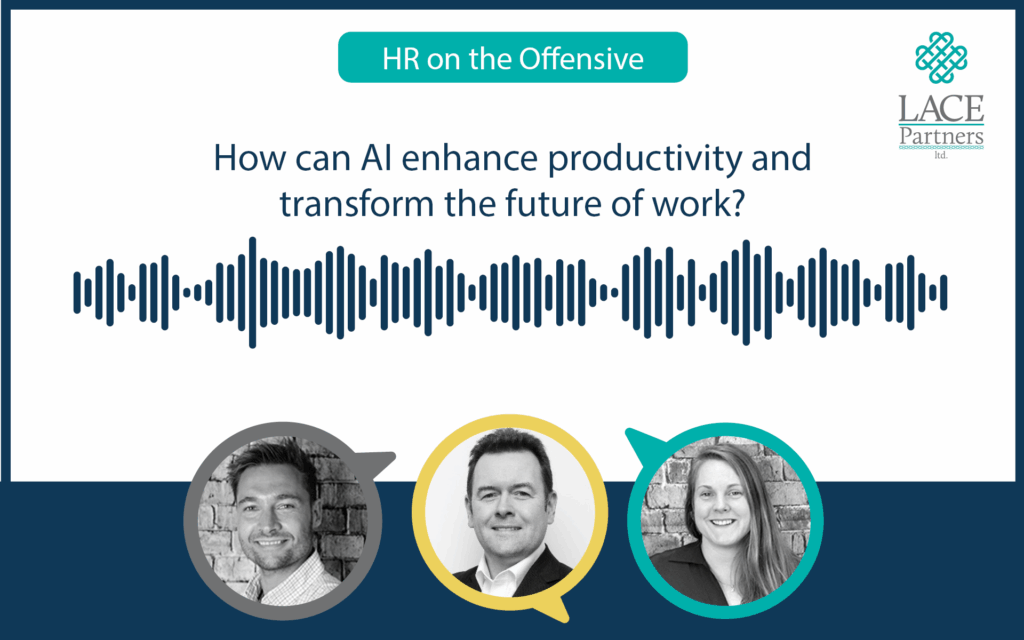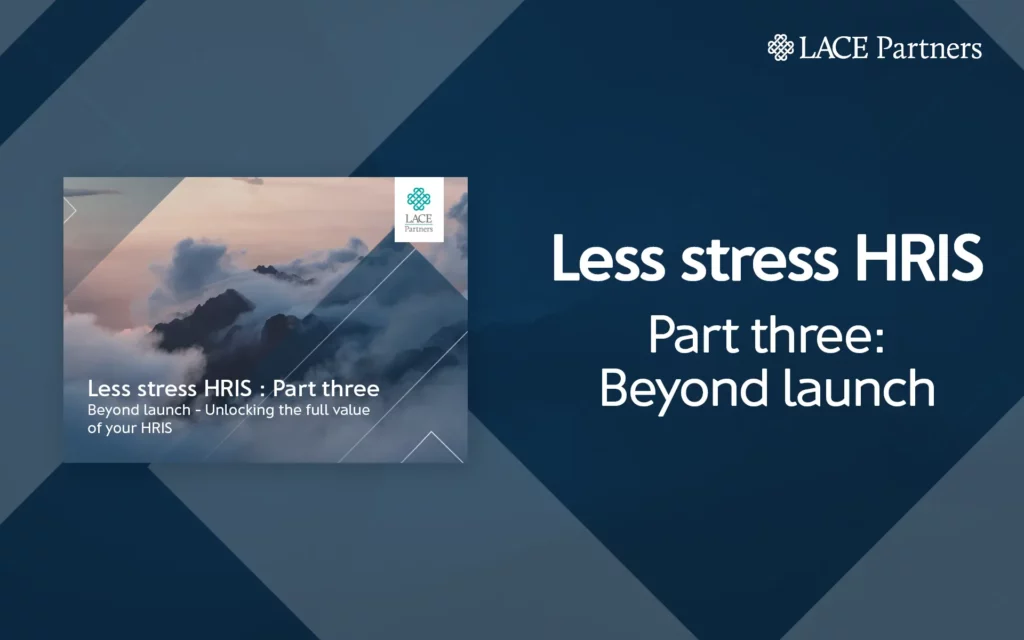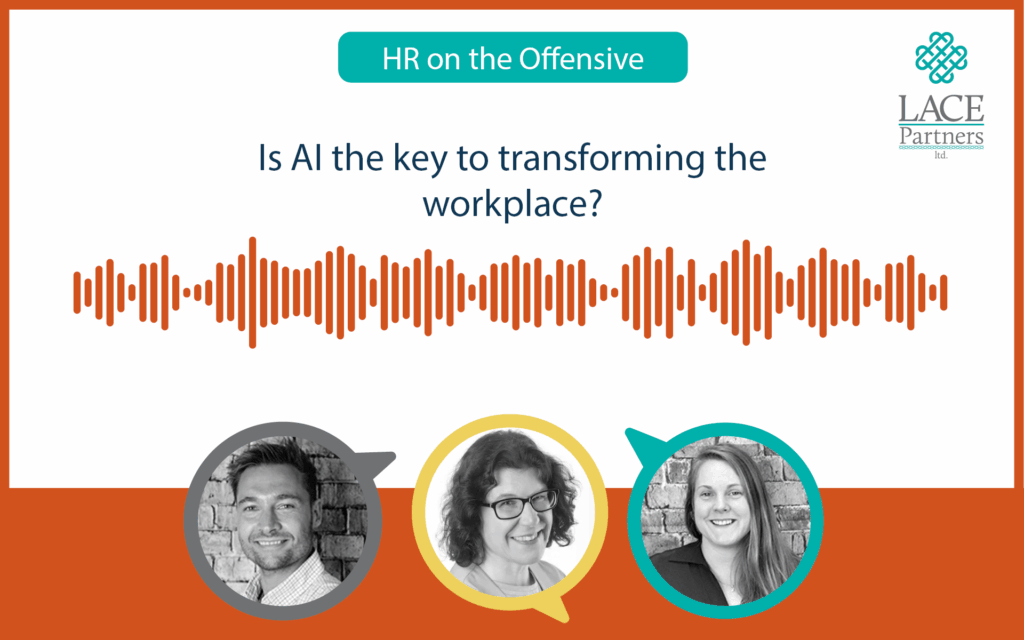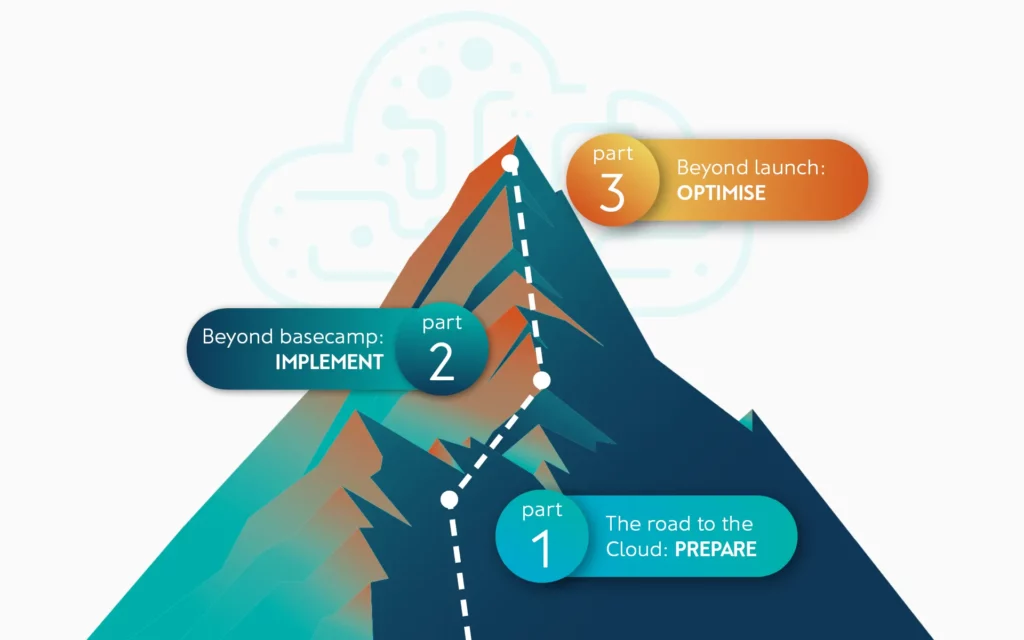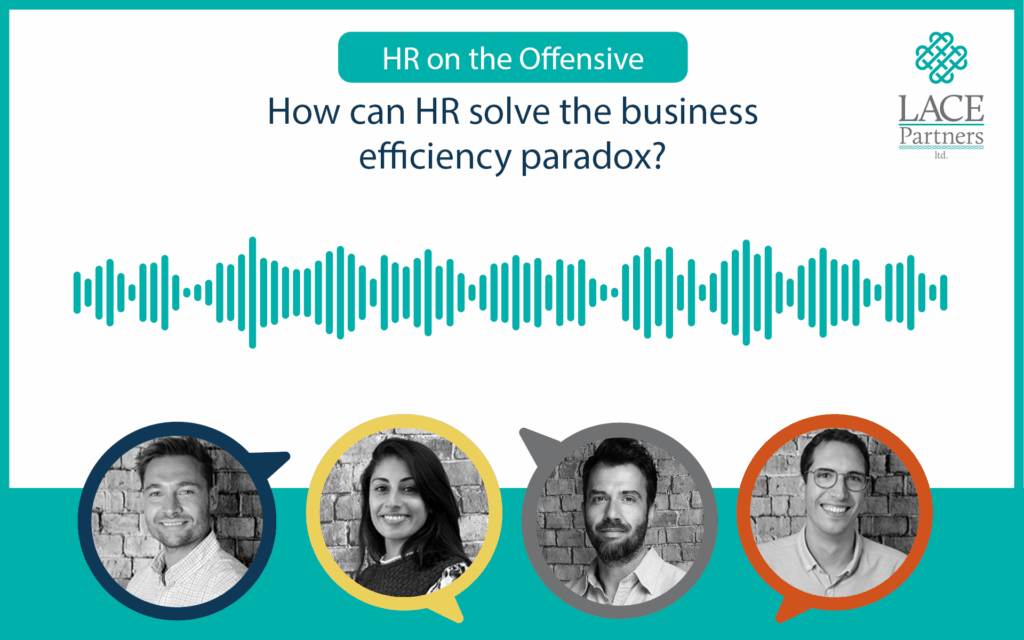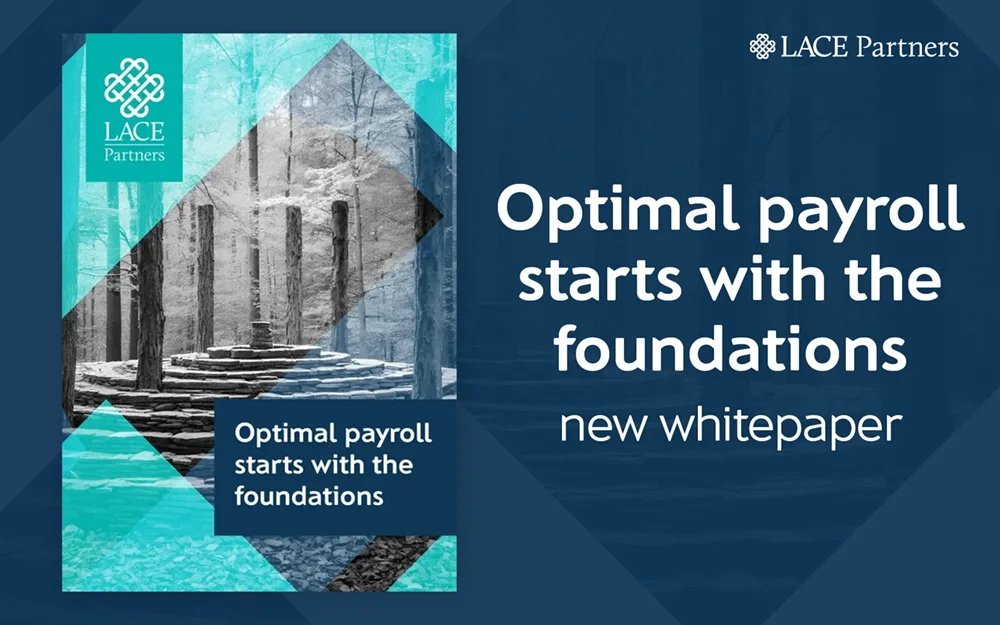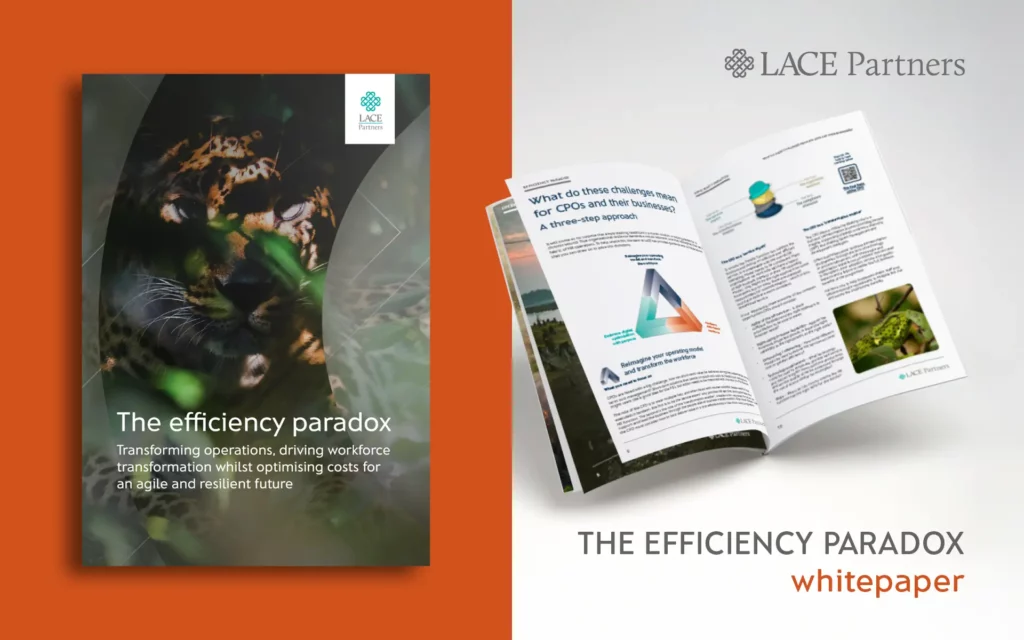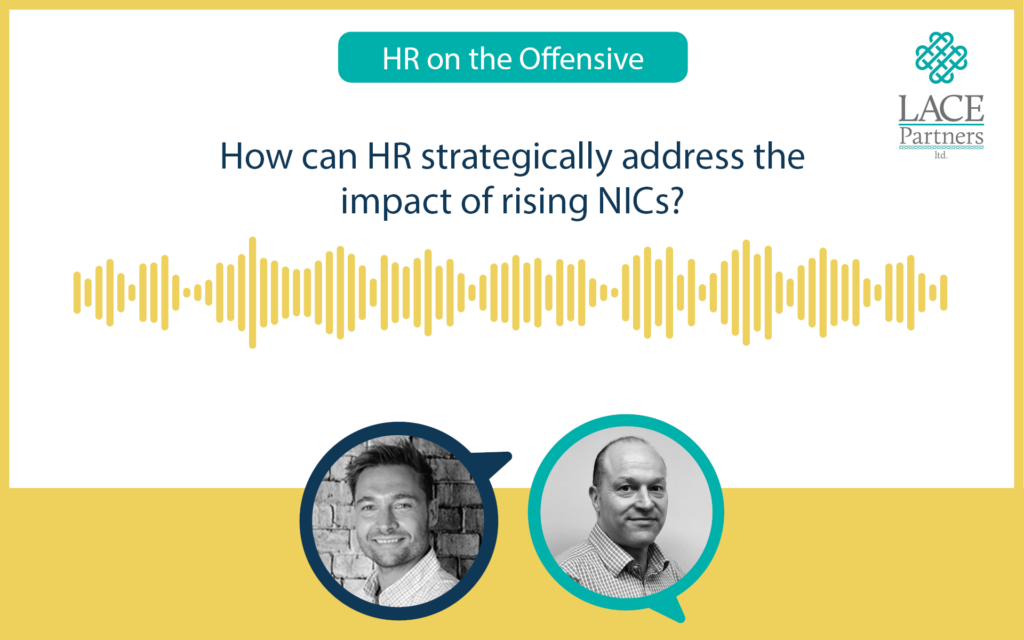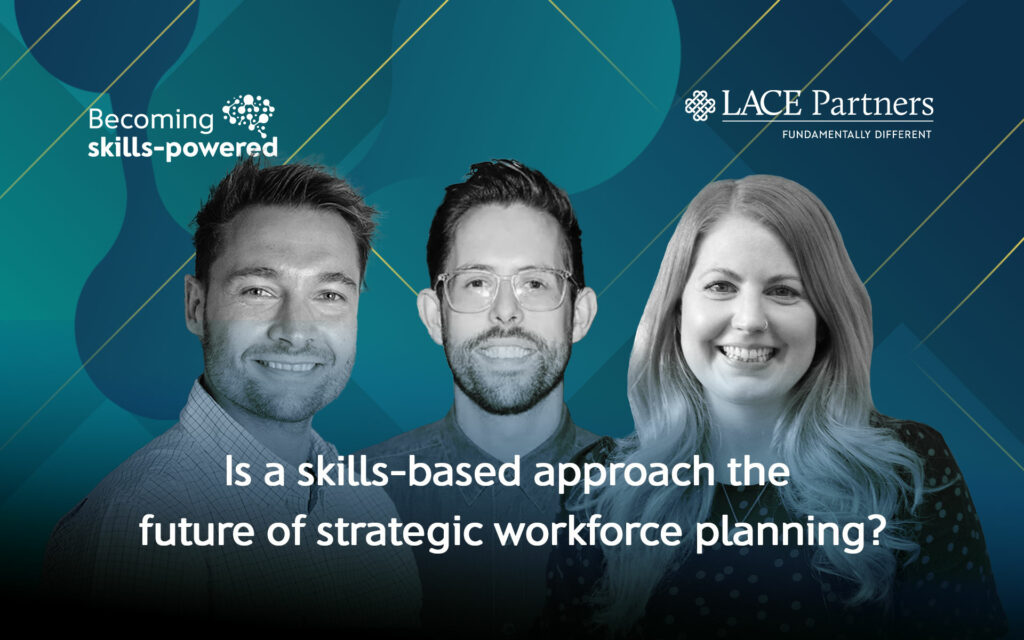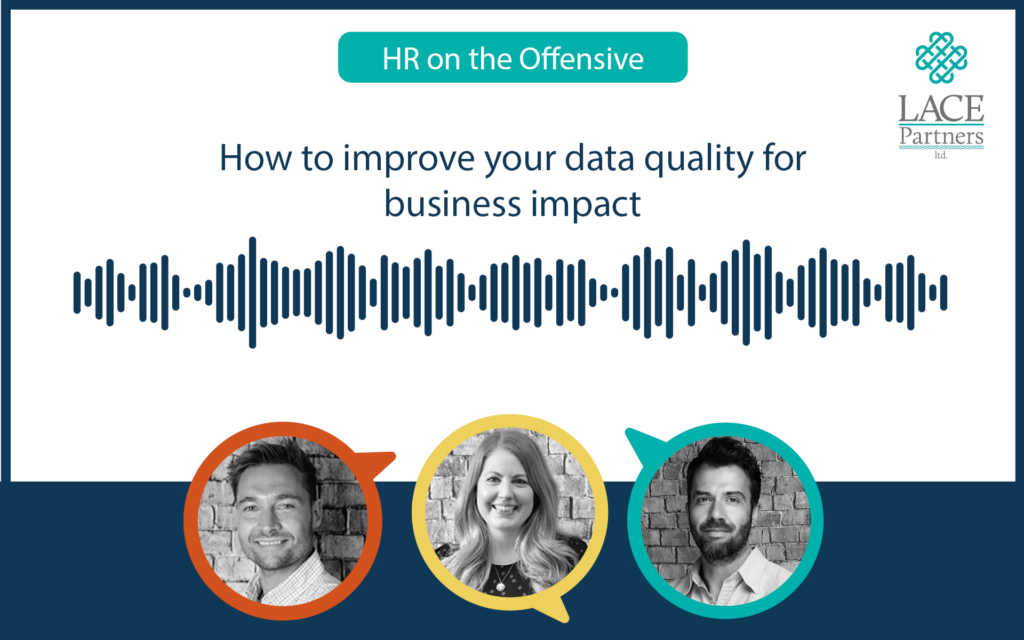In this episode of the HR on the Offensive podcast, Chris discusses the concept of unbossing in the workplace. He is joined by fellow LACErs Marcus Uzubalis and Stephanie Abel, as they explore the definition, benefits, and challenges of unbossing.
What does unbossing mean?
There are two main interpretations: first, the elimination of middle management roles, often referred to as delayering; second, and the focus of this podcast, is transforming the role of middle managers. Instead of directing employees’ actions, managers under this model act more as facilitators, empowering employees to take initiative and assume more responsibility.
What are the potential benefits of unbossing?
Employees can experience greater autonomy by reducing direct oversight, leading to higher engagement and job satisfaction. This empowerment allows for increased innovation and quicker decision-making, echoing a dynamic seen during the COVID-19 pandemic when the red tape was minimised, and organisations had to adapt rapidly. Additionally, unbossing can save costs by reducing administrative overhead and streamlining management structures.
What are the challenges?
A significant concern is the potential for quiet quitting, where employees do the bare minimum without being noticed due to reduced oversight. There’s also the risk of chaos and confusion if roles and responsibilities aren’t clearly defined, especially in larger or more complex organisations. Moreover, without regular interaction and support from managers, employees may feel a lack of development opportunities, which could lead to disengagement or turnover.
Listen now to learn how you can successfully implement unbossing into your organisation:
Want to be notified when the newest episode is released? Join here for HR on the Offensive podcast LinkedIn group.

